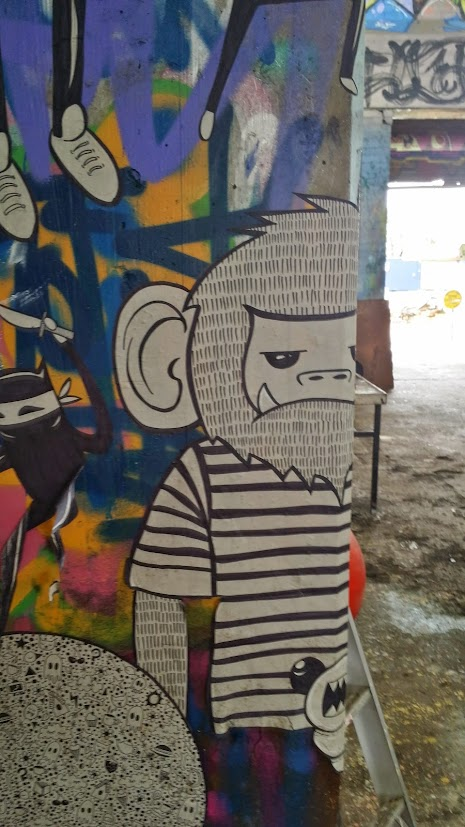The Quiet Work of Including People, and Being Included
9 comments
I used to think the deep isolation and excruciating exclusion I felt at my old workplace were somehow my fault. I thought that maybe I was paranoid, lacking confidence, or badly misreading the room. It was only when I moved to a new school that I realised that it wasn't me at all. It was the culture.
Thirteen years of being the outsider vanished quickly, replaced by the unforgettable experience of feeling welcome.
Honestly, I don’t think I would have stayed in teaching without that change. I'd been feeling traumatised and utterly withdrawn. I became more introverted than I’d ever been, avoiding eye contact, keeping to my desk, pretending not to notice people in the corridor just to avoid that cold, blank response - or rather, no response at all. It was safer not to try.

Here, people call out my name from across the carpark, smiling, saying good morning, remembering details about my life. If I sit in the staffroom, I never sit alone for long. Someone always joins me, even if we’ve never spoken before. The inclusivity extends to everyone: assistants, grounds staff, casual relief teachers like me. It even flows down into the students, who embrace cultural, gender, and neurodiversity in a way I’ve never seen before. It’s a beautiful thing to witness, and makes you want to be part of it.
Still, the echoes of exclusion linger. Sometimes I still shrink into myself, wary of engaging, haunted by the old belief that if people really saw me, they wouldn’t like me. That fear goes back even further than my career, back to school days, where bullies made me feel unworthy, like there was something inherently wrong with me.
Trauma like that doesn’t just vanish. Forty years later, it can still rise up, uninvited.
What has helped me is realising it’s not always about me. People carry their own stresses and anxieties, and most of the time, they’re not even thinking about me at all. That insight was liberating. The people I worried might secretly dislike me were likely absorbed in their own lives.
I started saying it like a mantra, at my old workplace. 'They're not even thinking about you. They're not even thinking about you. They're not even thinking about you'. It was a tool, a strategy, and it did help. I wish I'd learnt it earlier in life.
Still, I shouldn't have had to use any tools to protect myself and help my mental health. If people in the workplace shared in the responsibility of making people feel included and valued, I wouldn't have felt the need for such mantras.
Small acts, like smiling at a colleague, greeting them by name, talking to them about their life, asking them if they're okay - it's those kind of things that send ripples through a community.
Those ripples return to you, but they also dance outward, lifting everyone around you.
It so very deeply matters to be seen, to be valued, to be included. That’s why I try to pay it forward, even on days I’d rather retreat into myself. We all create culture together.
I wonder if you wonder about the culture you want in your workplaces, your schools, your communities? I'm not sure you can argue against more respect, more kindness, more inclusivity. Even if we're not feeling it, maybe our own small acts create little ripples that make the effort worth it.
With Love,

Are you on HIVE yet? Earn for writing! Referral link for FREE account



Comments